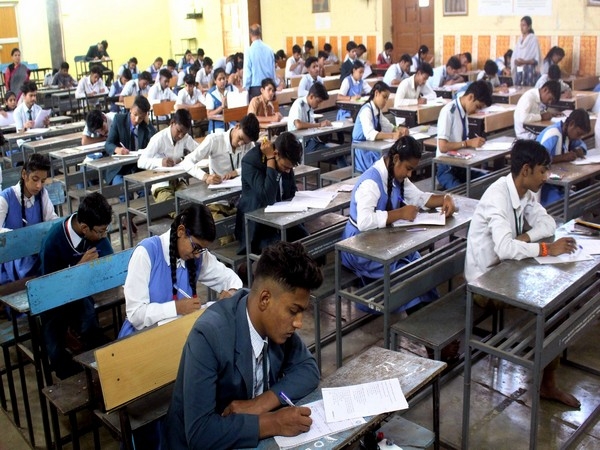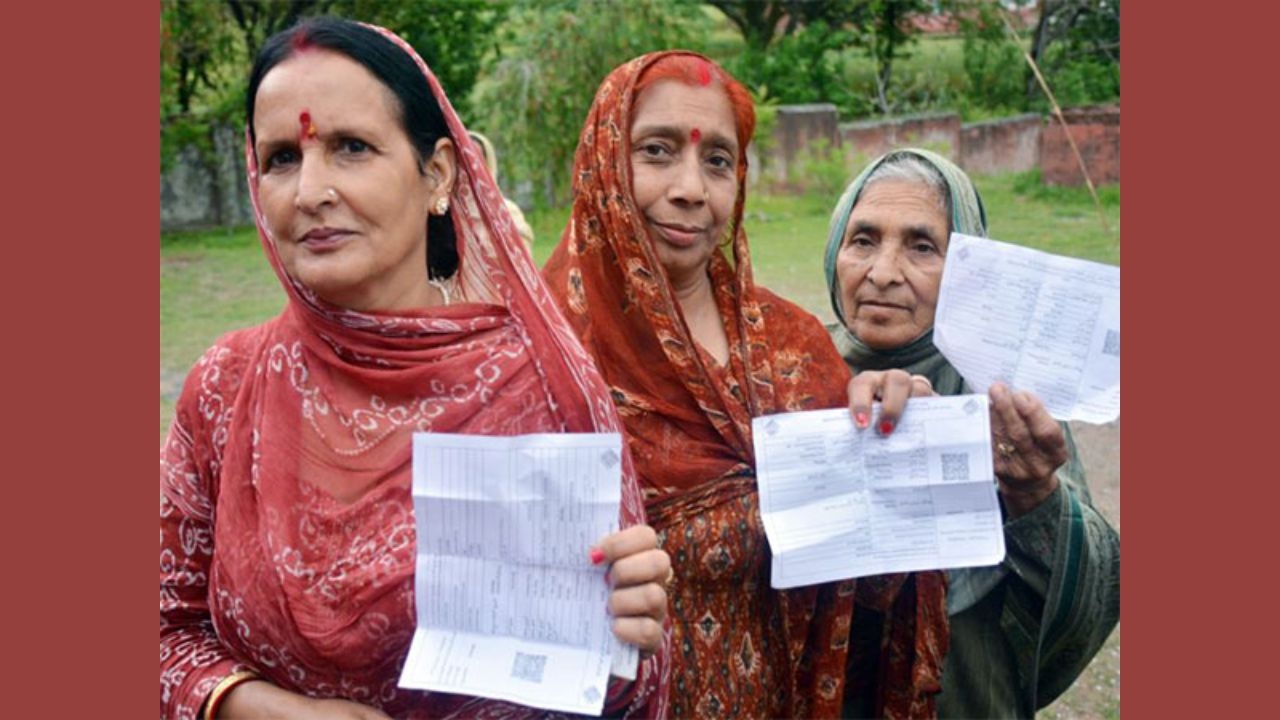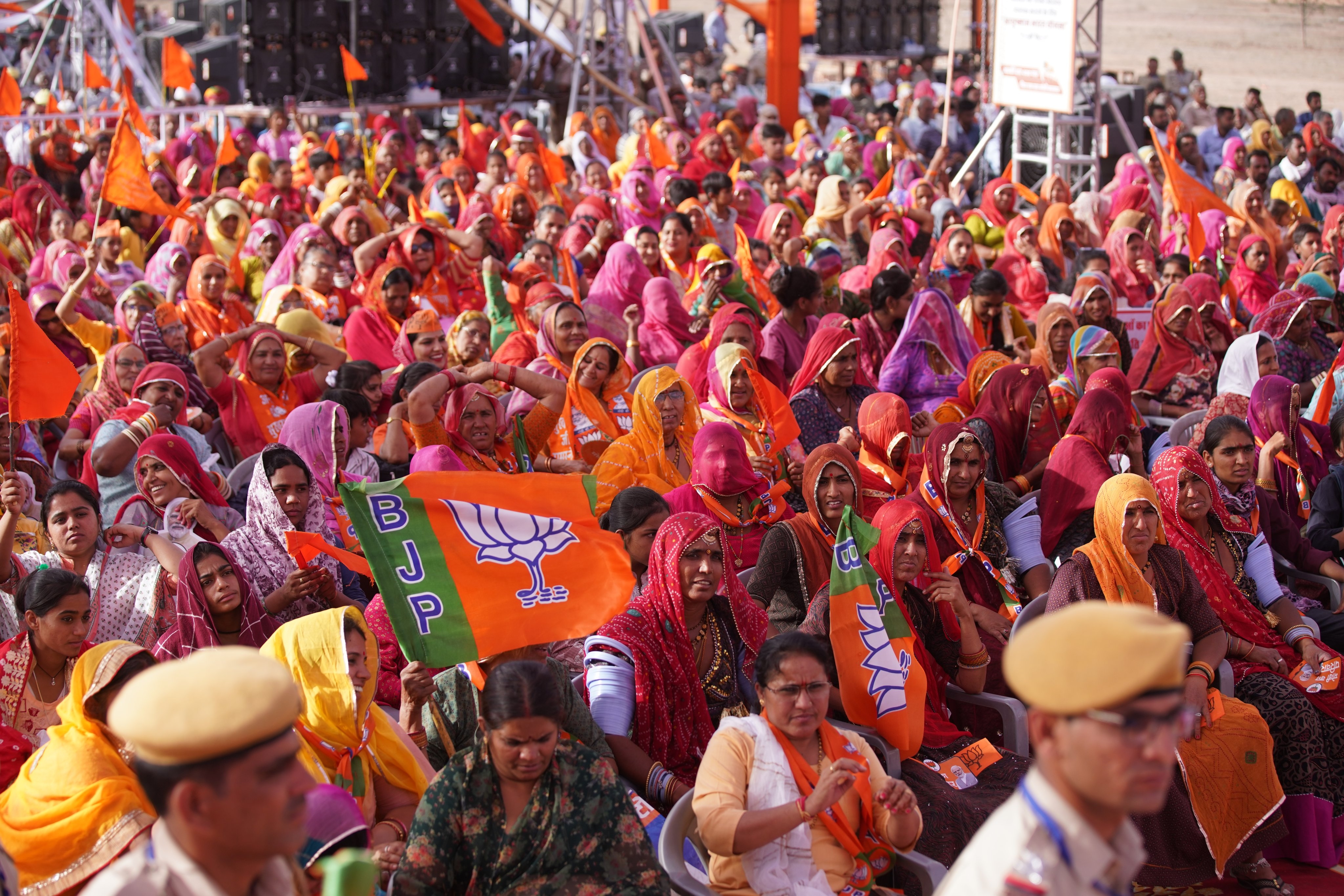Vijender turns pro: what the boxer's move means for him and the country

The move
- Vijender Singh has signed up with professional boxing promoter Queensbury.
- This means he\'ll no longer be eligible to represent India at amateur events like the Olympics.
The reasons
- Indian boxing is in disarray, and boxers may not get to represent the country at Rio 2016.
- Vijender is not as fleet-footed as before, and may have struggled even after changing his weight category.
- Big money would also have been a motivating factor.
Indian boxing's poster boy, Vijender Singh, turned professional on 29 June, when he signed a multi-year agreement with UK-based Queensbury Promotions.
But hang on, you may think, wasn't he a professional already?
No. Vijender, the 2008 Beijing Olympics bronze medallist, was still an amateur, and turning pro means he'll forego his ability to represent India at the Olympics and other events hosted by amateur bodies at the international, Asian and Commonwealth level.
Here's all you needed to know about Vijender's move, the reasons behind it and the repercussions.
What going pro means
Boxers (or athletes from other disciplines) who compete at global events like the Commonwealth Games, the Asian Games and the Olympics are technically amateurs. There is no personal monetary gain attached to competing for medals, the sole purpose of the competition being national pride and excelling at the craft.
In the world of professional boxing, however, there are higher stakes, from a different perspective at least. Big money is involved, raised through sponsorships, and the spoils are shared in a pre-decided ratio among the competitors.
The most recent example of this was the 'Fight of The Century' between Floyd 'Money' Mayweather and Manny Pacquiao at the MGM Grand in Las Vegas on 2 May, which Mayweather won.
Once Vijender, 29, competes in his first professional bout, he will no longer be eligible to compete at any amateur competition.
This is the chief reason why there's a wave of disappointment among boxing fans, since the sport will lose one of its biggest icons in the country.
Others who have made the transition
Mayweather is a prime example of a boxer who turned professional after a successful amateur career. Like Vijender, he too is an Olympic bronze medallist, having won his medal in the featherweight category at the 1996 Atlanta Olympics.
Among Indians, Pradeep Singh was the first to turn professional. There was also Gurcharan Singh Nagra, who finished fourth at the 2000 Sydney Olympics and turned pro later. Neither achieved much at the pro level, though.
In fact, after the announcement, Vijender said, "I want to show the world that India can produce professional boxers."
Strategic move
Vijender had declared after the 2012 London Olympics that he will certainly compete at Rio 2016, in the 81-kg category. However, the boxer is no longer the fleet-footed middleweight he was when he won his Olympic or World Championship bronze medals in the last decade. His game now may be more suited to the slow-moving heavy-punch style of pro boxing.
There is also the added question of whether Indian boxers would be allowed to compete under the Indian flag at the 2016 Olympics at all, given that the world body, AIBA, has installed an ad-hoc committee to oversee the sport after years of infighting among various factions. Not to mention, the professional boxing circuit pays significantly more.
Option to continue as amateur and pro
Had Vijender signed with AIBA Pro Boxing, which is the official pro league run by the world body, he could have continued to fight in the Olympics as well as other international competitions.
But what is significant is that deals with promoters like Queensbury don't come around too often. Queensbury manages the likes of English superstar Amir Khan, and Vijender will be training in Manchester under renowned trainer Lee Beard, who has trained champions like Ricky Hatton and Floyd Mayweather Sr.
In addition, the lucrative deal with Queensbury would definitely have swayed Vijender away from the Olympics - after all, a poor showing there would have made it very unlikely that he would get the five-year deal he has got now, with a minimum of six fights in his first year.
Francis Warren, the owner of Queensbury Promotions remarked that there is "huge potential for the market", with regards to the financial impact Vijender can have as a professional training in the UK, with the Indian diaspora present in the country. Warren himself hails from a family with a boxing legacy, his father Frank Warren being one of the biggest boxing promoters in the UK. Warren Jr has about 50 elite boxers contracted with him, who's ranks Vijender now joins.
It will be a while before he can earn the big money fights against more established opponents though, but Warren has a plan in place. "To start with, we will look to match Vijender with boxers who will make his career progress," he told The Indian Express.
The Indian star too seems confident. "I will do it. People pay millions to watch Mayweather vs Pacquiao. Now they will pay me. I will get the big bucks in. Wait and watch," he has remarked.
Still representing the country
Vijender maintains that he would still be representing the country. "It's not as if I won't be representing the country anymore. I would be doing that, but on a different platform."
Indeed, it may be possible that as a professional, he gets even more Indian youngsters to take up the sport, specially as professional boxing is marketed in a much better way. There is even talk of a fight being organised in India.
Vijender may already be an Indian boxing legend, but his star may yet be rising.
First published: 30 June 2015, 23:30 IST
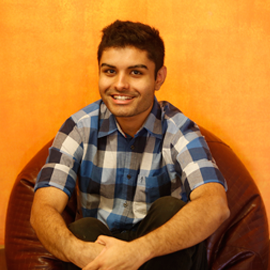
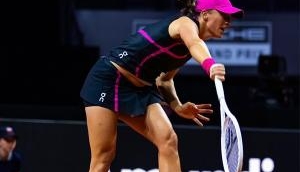
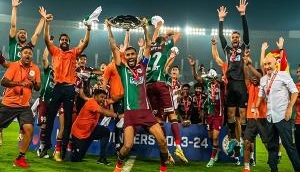
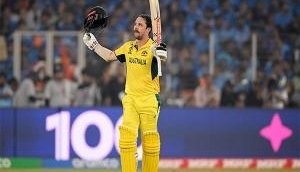
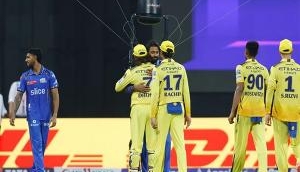
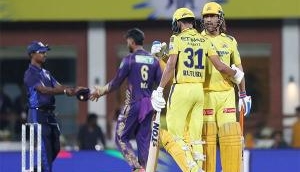
![BJP's Kapil Mishra recreates Shankar Mahadevan’s ‘Breathless’ song to highlight Delhi pollution [WATCH] BJP's Kapil Mishra recreates Shankar Mahadevan’s ‘Breathless’ song to highlight Delhi pollution [WATCH]](http://images.catchnews.com/upload/2022/11/03/kapil-mishra_240884_300x172.png)

![Anupam Kher shares pictures of his toned body on 67th birthday [MUST SEE] Anupam Kher shares pictures of his toned body on 67th birthday [MUST SEE]](http://images.catchnews.com/upload/2022/03/07/Anupam_kher_231145_300x172.jpg)


